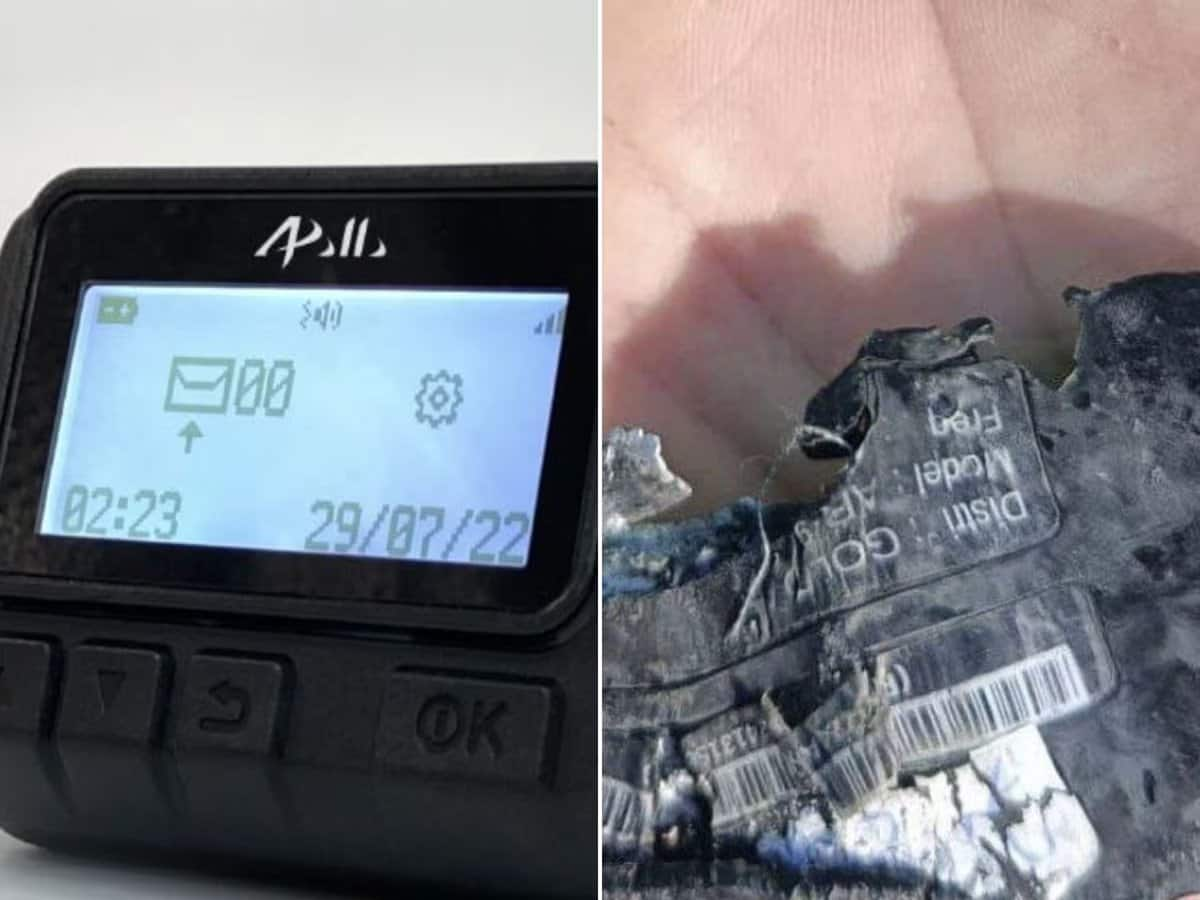Shocking Wave of Explosions in Lebanon: A New Form of Warfare
The recent explosions in Lebanon have sent shockwaves through the region and the world, marking an unprecedented incident in modern warfare. Dubbed the biggest serial blast in history, this catastrophe was not initiated by traditional munitions or explosives. Instead, the source of destruction was, peculiarly, pagers—an outdated means of communication once prevalent in the 1990s. The primary target of this attack was identified as Hezbollah, a powerful political and militant group in Lebanon. Reports indicate that over 2,700 fighters sustained injuries in the explosions, with at least 11 fatalities confirmed, raising serious concerns about security and intelligence operations in the area.
Unraveling the Conspiracy
According to investigative reports from reputable sources, including The New York Times, evidence points to a sophisticated operation orchestrated by Israel’s intelligence agency, Mossad. The key details suggest that explosives were cunningly concealed within 5,000 pagers, which Hezbollah had ordered months prior to the incident from a Taiwanese manufacturer, Gold Apollo. By the time these devices reached Lebanon, they had reportedly been tampered with, turning them into lethal weapons.
Did Gold Apollo Play a Role?
Following the explosions, Gold Apollo publicly denied any involvement in manufacturing the pagers that caused the devastation. They clarified that while they did not produce the faulty devices, the pagers were indeed manufactured by a licensed affiliate, BAC. This connection raised questions about the integrity of the supply chain and the potential vulnerability of entities like Gold Apollo to foreign interference.
The Mechanics of the Attack
A detailed analysis of the attack reveals how meticulously this conspiracy was executed. Each pager reportedly contained one to two ounces of explosive material, strategically placed near the battery. Furthermore, a remote triggering mechanism made this operation even more sinister. At approximately 3:30 PM local time, a message was sent, purporting to come from Hezbollah’s leadership, which activated the hidden explosives and led to mass devastation.
Accusations and Denials
In the aftermath, Hezbollah has publicly accused Israel of orchestrating this brutal attack, alleging a deep-seated plot against its members. However, Israel has maintained a position of silence, neither confirming nor denying its involvement. This ambiguity has added to the tensions in an already volatile region, stirring fears about future escalations and the potential for retaliation.
The Broader Implications
This incident not only signifies a new frontier in tactics used in asymmetrical warfare but raises critical concerns regarding the security of personal communication devices in conflict zones. The innovative use of everyday technology as a means for mass destruction underscored the need for enhanced vigilance against such unconventional threats.
Conclusion
The events surrounding the pager blasts in Lebanon highlight urgent questions regarding international security, technological vulnerabilities, and the evolving landscape of warfare. As nations grapple with these complex issues, the world watches closely, hoping for a peaceful resolution and greater stability in the region.











